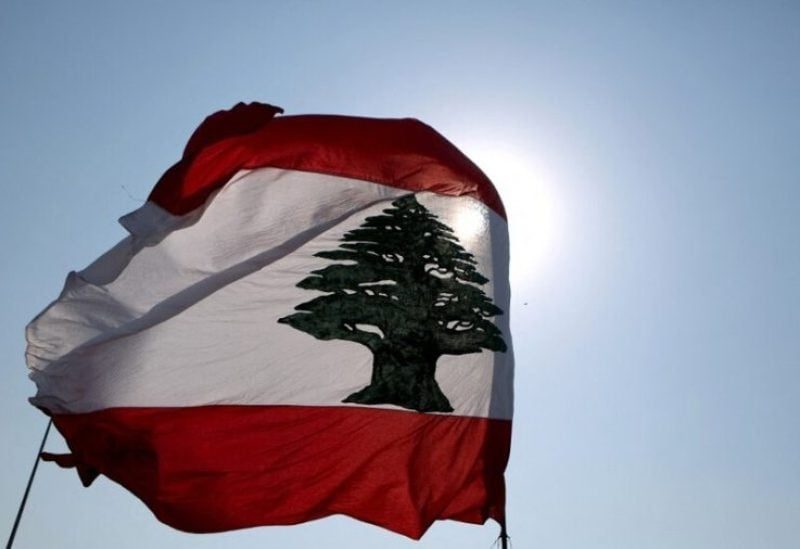
Lebanese flag
The “Al-Aqsa Flood” operation has entered its second week, with no clear end date in sight, due to the continued escalation of military operations, which are likely to escalate in the absence of any expected solutions, prior to Israel’s decision to end this war, which aims primarily to eliminate the “Hamas” movement and thus completely destroy Gaza.
As for the Lebanese interior, internal fronts have calmed, presidential efforts have stabilized, and the scene has become blurry, with fragments of the Gaza war reaching the southern regions as a result of daily missile skirmishes on both sides of the border, awaiting what “Hezbollah” will decide to do.
Therefore, the words of the Iranian official confirm that his country is unique in using Lebanon as a platform to launch threats, as it is the command and prohibition of the Lebanese path, and in doing so, it again flouts the most basic concepts of sovereignty, at a time when caretaker Prime Minister Najib Mikati affirmed, frankly and clearly, that he did not obtain any guarantee from anyone regarding developments.
Political sources considered, via Sawt Beirut International, Mikati’s words as very dangerous, especially since he is the prime minister responsible for Lebanon’s foreign and internal policy in light of the current presidential vacuum, and in light of the repeated threats made by the Israeli army towards Lebanon, considering that if “Hezbollah” decides to “attack Israel, we will obtain a violent response.”
However, awaiting the ongoing communications process internationally and internally to contain the situation through the visit of the Turkish Foreign Minister to Beirut, and the results of the French Foreign Minister Catherine Colonna’s tour to Lebanon, Israel, Egypt and Jordan in an effort not to deteriorate the security situation in the region, concern remains prevailing over what the developments will lead to.
Hence, the political sources considered that the rules of engagement in the south are still in place until now, indicating that the enemy has no interest in opening a new war front parallel to its war in Gaza, and the same applies to “Hezbollah”, which has become rejected by most of Lebanon, including its environment. Therefore, according to the sources, it is not in the interest of the Lebanese interior to enter into a war with unknown prospects, considering that the conditions that existed in the July 2006 war no longer exist at the present time.
Concerning the effects of the security situation, sources believe that the presidential elections have now been frozen, noting that the current circumstances are considered the best stage for electing a president of the republic and implementing what the constitution stipulates.